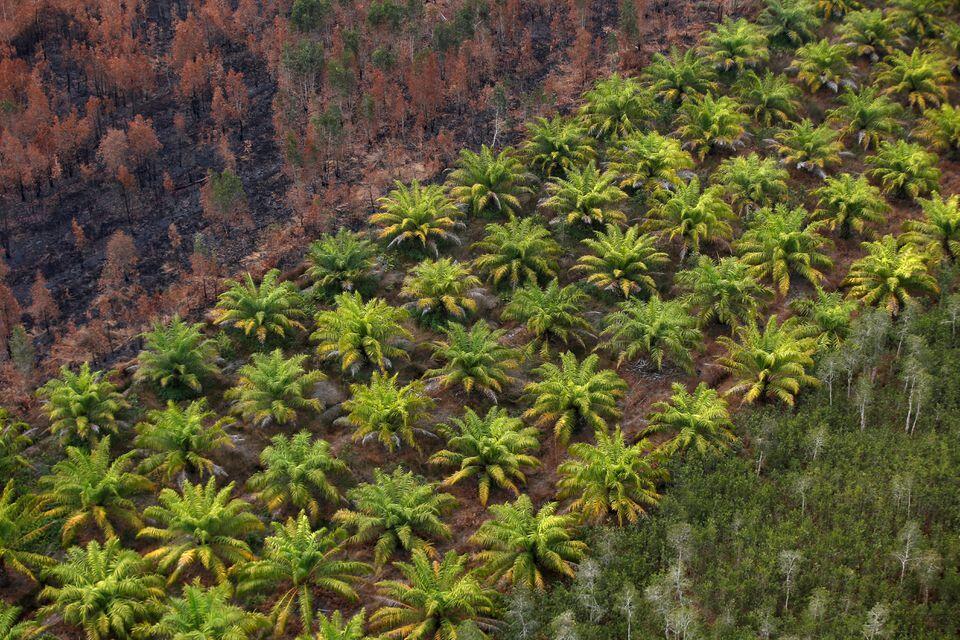Indonesia conducted its first test flight using jet fuel partially from palm oil on Wednesday, a senior minister said, as the country plans to commercialize the fuel as it seeks creative ways to use the edible oil domestically.
The plane flew more than 100 km (62.14 miles) from the capital Jakarta to neighboring city, Bandung.
“Indonesia, as the largest producer, of course needs to innovate the use of palm oil, including in the development of biodiesel, bio jet fuel and also continuing the D100 program,” economic minister Airlangga Hartarto told a virtual conference, referring to diesel made entirely from palm oil developed by state oil company Pertamina
Indonesia currently has a mandatory biodiesel programmed with 30% palm oil content known as B30. The government is keen to expand the use of the vegetable oil for energy and slash fuel imports.
The bio jet fuel used during the test flight only contained 2.4% palm content, but in a 2015 regulation, Indonesia has a mandated this be increased to 5% by 2025.
Although biodiesel promises significantly lower carbon emissions, the land clearance taking place to grow palm oil has raised concerns among environmentalists about deforestation, with the European Union looking into banning biodiesel containing palm.
The Energy Ministry on Wednesday said the bio jet fuel market, assuming a daily consumption of 14,000 kiloliters, will have a potential market worth 1.1 trillion rupiah ($77.25 million) annually .
“We need 120,000 kiloliters (of palm oil) per year,” Dadan Kusdiana, director general of renewables at the energy ministry said, adding more research was needed about commercialization of the fuel.











